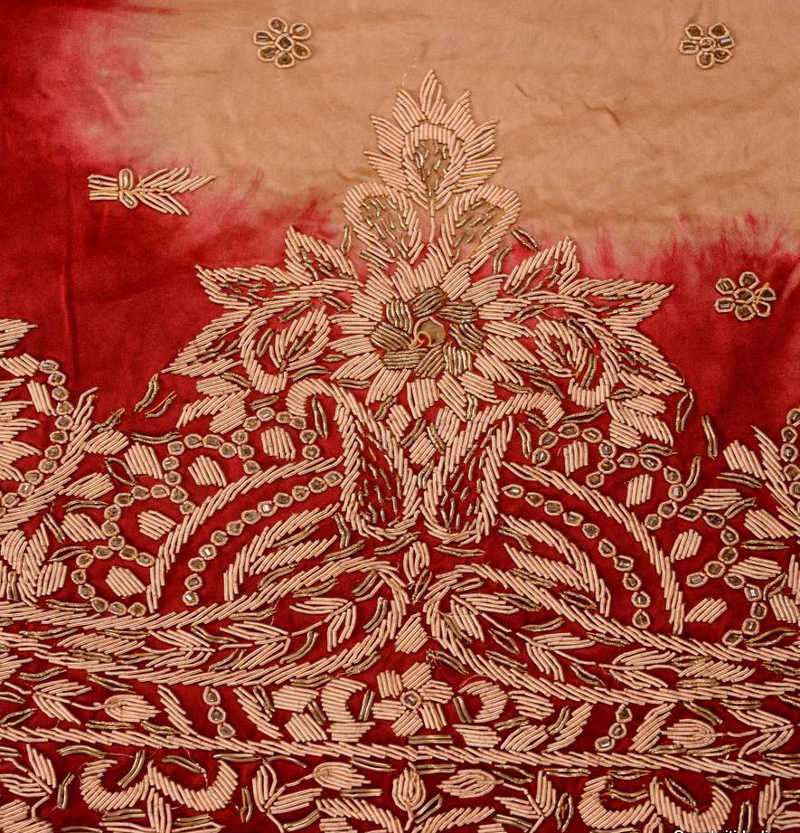===
0386,
1
===

=== |
 |
gul-gasht : 'Walking in a garden; an evening walk; recreation; a pleasant place for walking or recreation (esp. one blooming with roses and other flowers)'. (Platts p.911)
dimāġh : 'The brain; head, mind, intellect; spirit; fancy, desire; ... — the organ of smell'. (Platts p.526)
FWP:
SETS == MULTIVALENT WORDS ( dimāġh )
MOTIFS
NAMES
TERMSThe use of dimāġh is perfect here; everybody knows that it means 'mind' and so on, but not everybody knows that it also means 'nose' (or, as Platts genteelly puts it in the definition above, 'the organ of smell'). Obviously, in the present verse both senses are fully activated, which gives the verse much of whatever charm it has. I would cite for comparison a different Ghalibian verse, which too is-- like SRF's example-- more punchy and effective than the present verse:
G{11,2}.
Another Mirian example: {1213,1}.
Note for grammar fans: In the second line, rakhe is a future subjunctive ('that someone would keep company...'). In the first line, lage might look the same, but it's not-- lage hai is an archaic form of (here) lagtī hai . And lage hai can't be read as present perfect, because here that would be lagī hai .